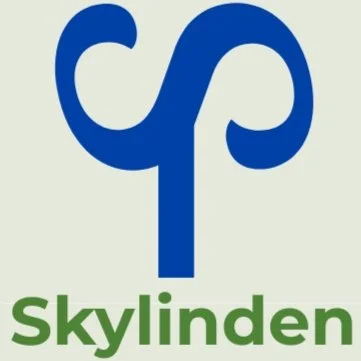Questions for Your Job Search
You can’t anticipate, or prepare for, every question you’ll get in an interview. However, if you think through a few high level questions, you’ll have a foundation to answer more specific ones. Here are some examples:
Why do I want to work at this company?
This seems so obvious that it’s not worth mentioning, but you’d be surprised how many people give generic answers that could apply to any company. Study up, and find attributes that are specific to that company. I’m not looking for a “right” answer when I ask this, I just want to know that they have a reason for applying to this company.
What do you hope to gain from your first job?
Most business students say they want a “good job” but I don’t know if they have a solid answer for what makes a job good. Is it just a high starting salary? Working for a well known company that will impress your friends/family? A resume builder? Those things matter, but you should be far more intentional about what you want, and why you want it. The answer should include some specifics about the company you’re speaking with (see previous question).
What sets you apart from other candidates?
When you were applying to colleges, you know how everyone said you need to set yourself apart with that one special thing? It’s the same thing in business, especially coming out of undergrad. Last summer I reviewed 80-100 candidates for two internships I had open. The first one I hired came from an immigrant family, and was double majoring in Physics and Business (at the Foster School at UW); she had a 3.9 GPA while getting those two degrees. The second hire dropped out of college after a year, joined the Army, did multiple combat tours in the Middle East, then went back to college post-Army, in his late 20s (and graduated with a 4.0). As you might guess, their stories stood out. That wasn’t the sole reason for hiring them, but it did make me want to learn more about each of them.
I understand that, on its own, “Stand out with a special thing!” is actually useless advice. Of course everyone wants to do that. What you need is a tangible example that works for you - and I’ll assume picking up a Physics degree, or fighting in a war, are not in your current plans (good for you if those things are on your agenda, though!). Here’s an example of standing out…
3 from 30
Get answers to 3 simple questions, from 30 business execs. Set a goal of getting 3 responses a month. Get a few execs from large companies to do it first. Then when you ask others, you can say “I’ve been grateful to receive insights from amazing leaders at Apple, Microsoft, etc…and would be so appreciative to get a response from you.”
Examples of what to ask: “What was the job or project that you consider most crucial to your career success” and “What is the new technology or consumer behavior that you’re most interested in?” and “If you weren’t in your current industry, what’s a job you’d like to have?” Track all the responses, and glean insights from them (similarities and differences by industry, gender, background, etc). This would do the following:
It gives you insight into how successful people think about their careers, and the road ahead. This is a gift for a new graduate
You might discover a new area of business that really excites you.
It’s great networking. You’re making contact with professionals at multiple different companies for the project.
It shows your initiative over a sustained period. If I asked a recent graduate about their goals, and their answer was grounded in a year-long, first party research project that they proactively did on their own? I might offer that person a job before the interview ends.
Note that your approach should be formal in this kind of effort. “Can I ask you a few questions?” misses the mark. You are doing independent research on lessons learned by successful people, and the inflection points they experienced in their careers. The project has a name (“3 from 30” is pretty good, but you might think of one that’s very good). This is important for branding, and branding is important for standing out in the crowd. It’s not just branding for the project, it’s branding for you. I probably wouldn’t say “Did you hear about the woman who asked a bunch of people questions?” I would say “Did you hear about the “3 from 30” research project that this candidate conducted?”

